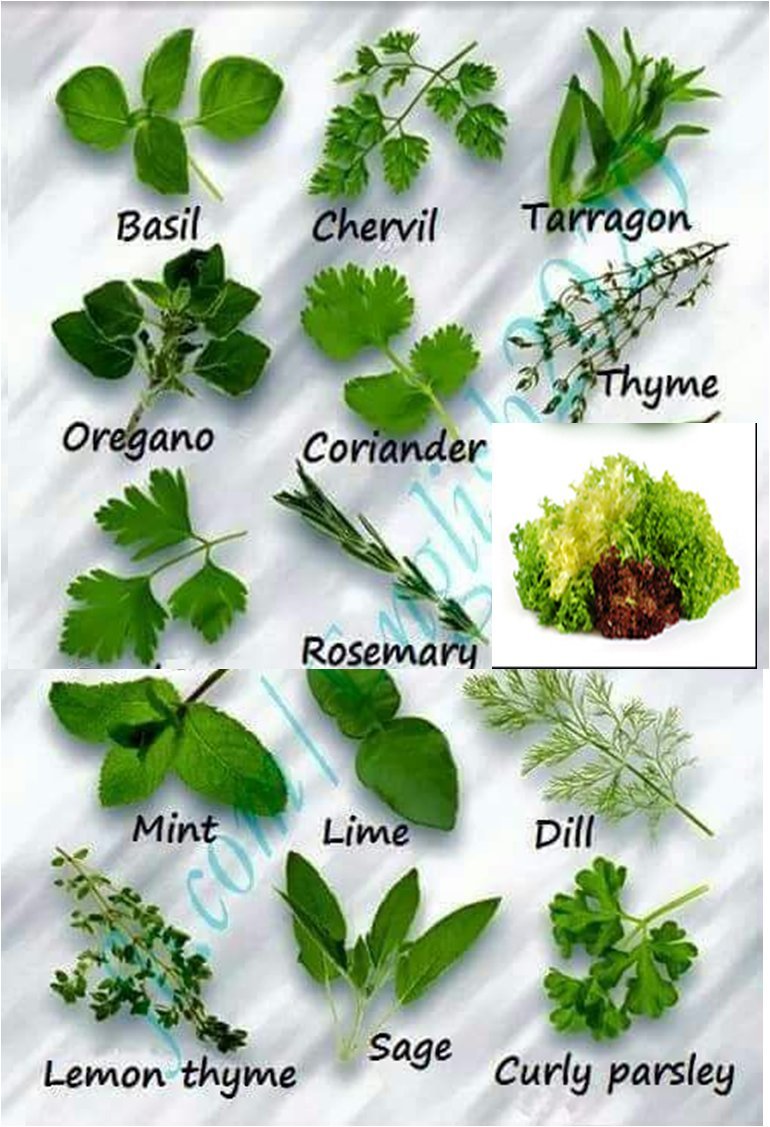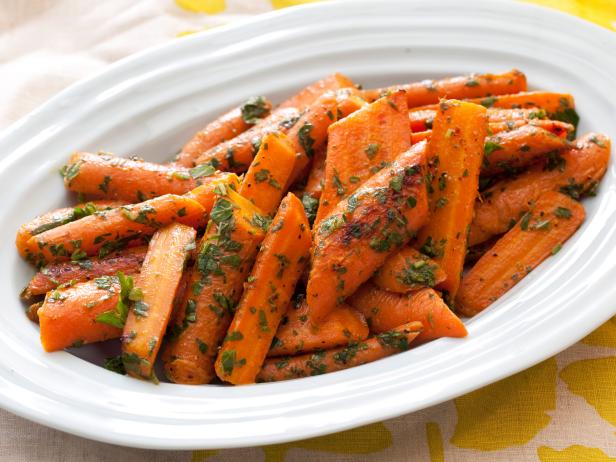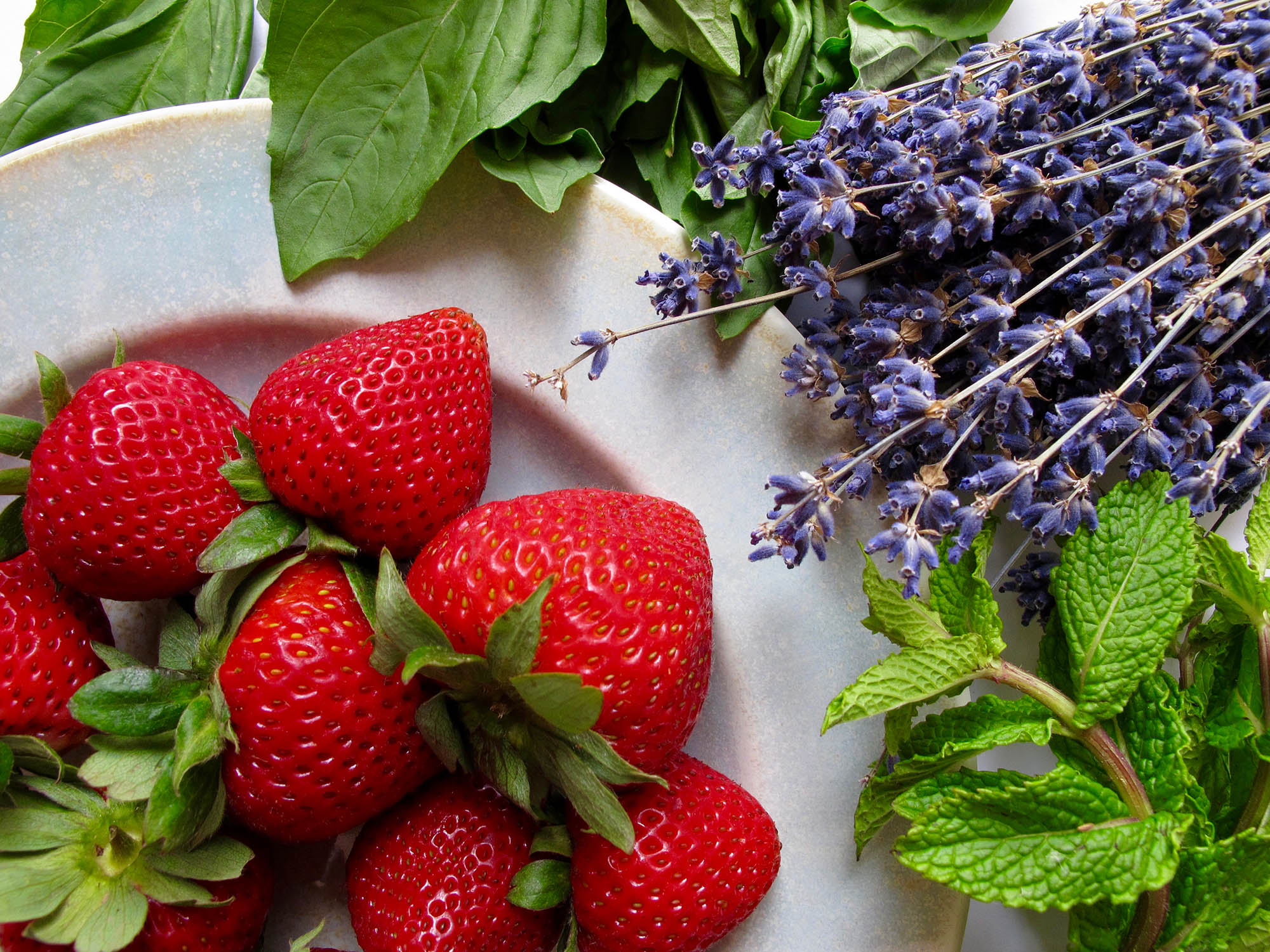Herbs That Plant Well Together
Title: Herbs That Plant Well Together
Introduction:
Herbs are a great way to add flavor and nutrition to your meals. They can also be used to repel pests and attract beneficial insects. When planting herbs, it's important to consider their compatibility with each other. Some herbs grow well together, while others can compete for resources or even harm each other.
In this blog post, we'll discuss some of the best herbs to plant together. We'll also provide some tips on how to create a successful herb garden.
Main Content:
Herbs that attract beneficial insects:
- Basil: Basil attracts ladybugs, lacewings, and hoverflies. These insects are all predators of pests, such as aphids and whiteflies.
- Chives: Chives attract predatory mites, which help to control spider mites.
- Dill: Dill attracts parasitic wasps, which help to control aphids.
- Lavender: Lavender attracts bees, butterflies, and moths. These insects are all pollinators, which help to spread pollen from flower to flower.
- Marigolds: Marigolds attract parasitic nematodes, which help to control root-knot nematodes.
Herbs that repel pests:
- Basil: Basil repels mosquitoes, flies, and whiteflies.
- Catnip: Catnip repels mosquitoes, ants, and fleas.
- Cilantro: Cilantro repels aphids and whiteflies.
- Garlic: Garlic repels mosquitoes, flies, and cabbage moths.
- Lemongrass: Lemongrass repels mosquitoes, flies, and ants.
Herbs that grow well together:
- Basil: Basil grows well with tomatoes, peppers, eggplants, and zucchini. It also grows well with oregano and parsley.
- Chives: Chives grow well with carrots, cabbage, and strawberries. They also grow well with herbs like basil, oregano, and mint.
- Cilantro: Cilantro grows well with tomatoes, peppers, and beans. It also grows well with herbs like basil, parsley, and mint.
- Dill: Dill grows well with carrots, cucumbers, and onions. It also grows well with herbs like basil, chives, and parsley.
- Lavender: Lavender grows well with roses, rosemary, and thyme. It also grows well with vegetables like tomatoes and eggplants.
- Marjoram: Marjoram grows well with oregano, rosemary, and thyme. It also grows well with vegetables like tomatoes and peppers.
- Oregano: Oregano grows well with basil, chives, and parsley. It also grows well with vegetables like tomatoes and peppers.
- Parsley: Parsley grows well with carrots, tomatoes, and onions. It also grows well with herbs like basil, chives, and dill.
- Rosemary: Rosemary grows well with lavender, thyme, and oregano. It also grows well with vegetables like tomatoes and peppers.
- Sage: Sage grows well with carrots, beans, and tomatoes. It also grows well with herbs like oregano, rosemary, and thyme.
- Thyme: Thyme grows well with lavender, rosemary, and oregano. It also grows well with vegetables like tomatoes and peppers.
Tips for companion planting herbs:
- Plant herbs with similar growing conditions together. This means planting herbs that need the same amount of sun, water, and soil type together.
- Avoid planting herbs that compete for nutrients or water together. For example, mint is a very aggressive grower and can crowd out other herbs.
- Plant herbs that attract beneficial insects together. This will help to keep your garden pest-free.
- Plant herbs that repel pests together. This will help to protect your garden from unwanted visitors.
- Experiment and have fun! There are no hard and fast rules when it comes to companion planting herbs. The best way to find out what works for you is to experiment and see what happens.
Conclusion:
By following these tips, you can create a successful herb garden that is full of healthy and flavorful herbs. Just remember to plant herbs with similar growing conditions together, avoid planting herbs that compete for nutrients or water together, and plant herbs that attract beneficial insects or repel pests together. With a little planning, you can have a thriving herb garden in no time!
Are you looking to plant herbs in your garden, but don't know which ones to plant together? Not all herbs are created equal, and some can actually stunt the growth of others. To ensure that your herbs thrive, it's important to plant them with compatible companions.
Here are a few examples of herbs that plant well together:
- Basil and tomatoes: Basil repels pests that can harm tomatoes, such as whiteflies and aphids.
- Chives and roses: Chives can help to repel aphids and other pests that can damage roses.
- Mint and carrots: Mint can help to repel carrot fly, a common pest that can damage carrots.
- Oregano and rosemary: Oregano and rosemary can help to deter cabbage moths, which can damage cabbages and other brassicas.
- Parsley and beans: Parsley can help to attract beneficial insects that can help to control pests that can damage beans.
For more information about which herbs plant well together, visit this website: https://www.gardeningknowhow.com/edible/herbs/hgen/herb-plants-growing-in-one-pot.htm.
FAQ of herbs that plant well together
- What herbs grow well together?
There are many herbs that grow well together. Some popular combinations include:
* Basil, tarragon, and oregano: These Mediterranean herbs all have similar growing requirements and can help deter pests.
* Lemon verbena, dill, and cilantro: These herbs attract beneficial insects that prey on pests.
* Lavender, rosemary, and thyme: These aromatic herbs can help repel insects and add a beautiful fragrance to your garden.
* Parsley, sage, and chives: These versatile herbs can be used in a variety of dishes and can help attract pollinators.
- What are some factors to consider when planting herbs together?
When planting herbs together, it is important to consider their growing requirements, such as sun exposure, water needs, and soil type. It is also important to consider their size, as some herbs can grow quite large. Some other factors to consider include:
* Companion planting: Some herbs can help deter pests or attract beneficial insects when planted together.
* Visual appeal: Consider the size, shape, and color of the herbs when choosing which ones to plant together.
* Personal preference: Ultimately, the best way to decide which herbs to plant together is to choose ones that you enjoy using and that you think will look good together.
- How do I plant herbs together?
When planting herbs together, it is important to space them properly. The amount of space you need to leave between each herb will vary depending on the size of the herb and the type of container or garden bed you are using.
In general, it is a good idea to plant taller herbs in the back of a garden bed or container and shorter herbs in the front. This will help to create a cascading effect and make the most of the space you have.
- How do I care for herbs that are planted together?
The care requirements for herbs that are planted together will vary depending on the specific herbs. However, there are some general tips that you can follow:
* Water regularly, especially during hot, dry weather.
* Fertilize every few weeks with a balanced fertilizer.
* Remove dead or diseased leaves.
* Watch for pests and diseases and treat them promptly if they occur.
- What are some tips for harvesting herbs that are planted together?
When harvesting herbs that are planted together, it is important to be careful not to damage the roots of the other herbs. Here are a few tips:
* Use sharp scissors or shears to harvest the herbs.
* Harvest only the leaves that you need.
* Leave some of the leaves on the plant so that it can continue to grow.
* Store the harvested herbs in a cool, dark place.
Image of herbs that plant well together
10 different images of herbs that plant well together that are free to use:
- Basil, tarragon, and oregano: These Mediterranean herbs tend to pair well due to similar growing requirements, and planting oregano alongside basil and tarragon may help prevent pests.

- Lemon verbena, dill, and cilantro: These herbs all have a strong scent that can help deter pests. They also have different growing heights, so they can be planted together in a way that creates a visually appealing garden.

- Lavender, rosemary, and thyme: These herbs are all drought-tolerant and can thrive in hot, dry climates. They also have a lovely fragrance that can make your garden smell amazing.

- Parsley, sage, and chives: These herbs are all commonly used in cooking, so they're a great way to add flavor to your meals. They also have different growing heights, so they can be planted together in a way that makes harvesting easy.

- Basil and tomatoes: Basil is said to repel some harmful insects and mosquitos, which can benefit tomatoes. The two herbs also have similar growing requirements and can be planted together in a sunny spot.
- Oregano and peppers: Oregano is another herb that can help repel pests, and it also pairs well with the flavor of peppers. These two herbs can be planted together in a sunny spot in your garden.

- Mint and carrots: Mint is a fast-growing herb that can take over a garden if it's not contained. Planting it with carrots can help to keep the mint in check, and the two herbs can also attract beneficial insects to your garden.

- Chives and lettuce: Chives are a low-growing herb that can help to suppress weeds in your garden. They also pair well with the flavor of lettuce, so you can plant them together in a salad garden.

- Thyme and strawberries: Thyme is a drought-tolerant herb that can help to keep the soil around strawberries moist. It also has a lovely fragrance that can attract pollinators to your garden.
I hope this helps!
Home Gardening
Post a Comment for " Herbs That Plant Well Together"